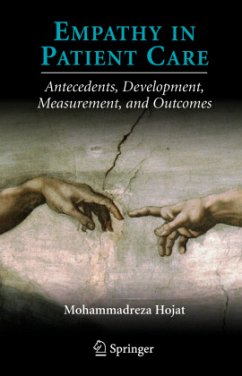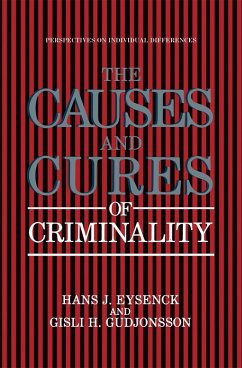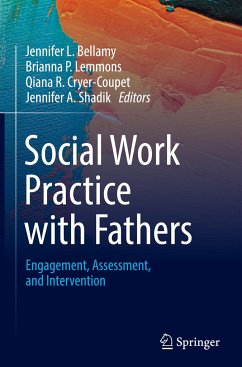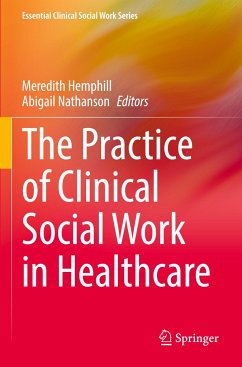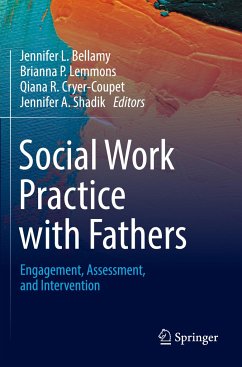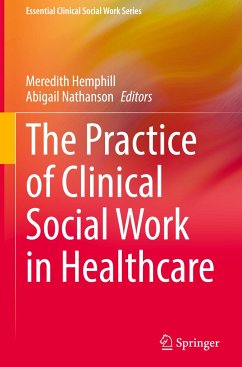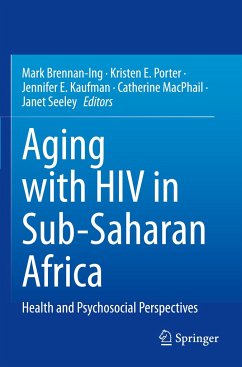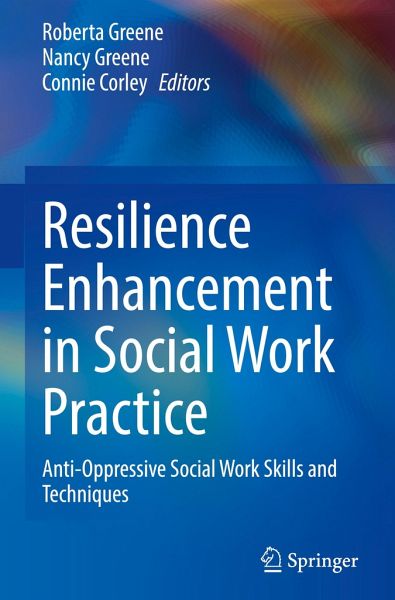
Resilience Enhancement in Social Work Practice
Anti-Oppressive Social Work Skills and Techniques
Herausgegeben: Greene, Roberta; Greene, Nancy; Corley, Connie

PAYBACK Punkte
42 °P sammeln!
As people around the globe experience more civil unrest and environmental disruption, the difficulties social workers face in their practice are becoming increasingly complex. This textbook deepens and expands the resilience-enhancing stress model (RESM) skill set and techniques so that social workers can more effectively serve clients and constituencies who are trying to overcome the stress of difficult life transitions and challenging environmental demands. It is designed as a companion piece to A Resilience-Enhancing Stress Model: A Social Work Multisystemic Practice Approach (Springer, 202...
As people around the globe experience more civil unrest and environmental disruption, the difficulties social workers face in their practice are becoming increasingly complex. This textbook deepens and expands the resilience-enhancing stress model (RESM) skill set and techniques so that social workers can more effectively serve clients and constituencies who are trying to overcome the stress of difficult life transitions and challenging environmental demands. It is designed as a companion piece to A Resilience-Enhancing Stress Model: A Social Work Multisystemic Practice Approach (Springer, 2022). The intent of the RESM is to further expand social workers' practice skill sets with additional concepts from the anti-oppressive practice (AOP) and coaching literature that aligns with the Educational Policy and Accreditation Standards from the Council on Social Work Education (CSWE). The book's 12 chapters are organized around life transitions and illustrate skills, techniques, and interviews important to the enhancement of resilience. Among the topics covered:The Resilience-Enhancing Stress Model: Articulating Anti-Oppressive PracticeExploring the Role of Cultural Diversity in Resilient Social Functioning: Theory and SkillsCountering Human Rights Violations During Life TransitionsFacilitating Community Development Following DisruptionResilience Enhancement in Social Work Practice: Anti-Oppressive Social Work Skills and Techniques uniquely offers practitioners a knowledge base to exponentiate their efficacy in identifying and fortifying resilience in a time in history when it appears to be imperative. It is written for a student social work audience at the generalist or advanced generalist level for practice across a range of populations and settings. It contains traditional and contemporary human behavior content that supports a social work narrative methodology and a life course perspective. It could be taught with its predecessor across one or two semesters.Practitioners in the field who are new to this content could also find the text a valuable resource.





